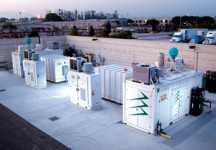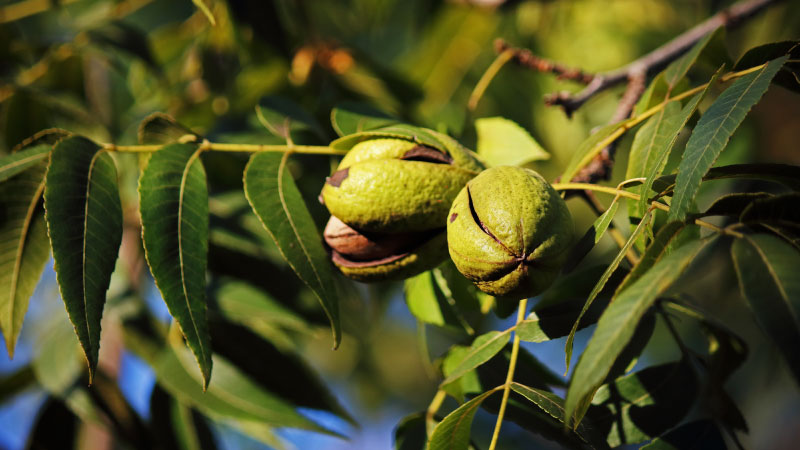Repurposing Onion Waste

In recent years, Gills Onions had become something of a victim of its own success. In becoming the nation’s largest fresh onion processor, the Oxnard, CA, company found itself with a lot of waste on its hands. After all, processing onions means stripping away the tough, outer layers of the onions, a process that was leaving the company with onion processing waste of up to 300,000 pounds per day.
They composted some of the waste, says Nikki Rodoni, the company’s sustainability coordinator and daughter of Steve Gill, who co-founded Gills Onions 25 years ago with his brother David. But that comes at great costs in labor and diesel fuel, she says, so in past years they also sold some of the waste as high-value cattle feed and put the remainder on their fields.
Four years ago, they began embarking on a plan to try and use the waste as fuel. They wanted to not only improve energy efficiency, but
reduce costs and greenhouse gas emissions. “At every level, we’re trying to re-use and recycle,” she says. “Zero waste — that’s our goal.”
Liquid Gold
But there was one big stumbling block: Onion waste isn’t easily converted to fuel. The project didn’t really go anywhere, says Rodoni, until her dad came up with the idea of separating the onion juice from the solids. It was an ideal solution.
This past July, Gills Onions unveiled an on-site anaerobic digester to produce bio-gas, which is supplied to the fuel cells to generate 600 kilowatts of power, enough electricity for 460 homes. “A huge waste is now being turned into a valuable resource,” Rodoni says. “We’ll utilize every piece of our waste.”
The first system of its kind, Gills Onions’ digester/power plant reduces the company’s dependence on the electric grid and saves it an estimated $700,000 per year. In addition, the facility reduces the amount of land needed for composting, as well as the tipping fees Gills Onions pays for waste disposal, and cuts greenhouse gas emissions by up to 30,000 tons annually. That’s important today, says Rodoni, and tomorrow it may well be vital. “We feel that’s the way California — the world — is moving, and we want to be ready for it when it comes,” she says. “It makes economic sense, too.”









